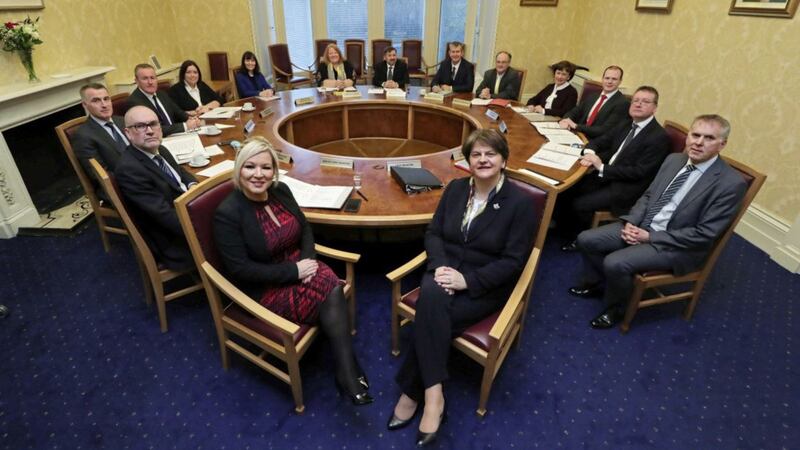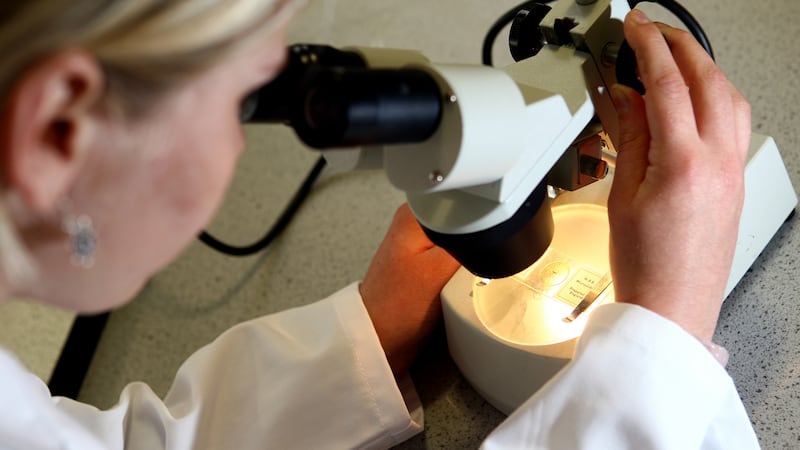SURE it wouldn’t be authentically Stormont without a bit of farce, which was evident in spades during the very public deliberations and manoeuvrings that took place ahead of yesterday’s announcement of fresh restrictions.
The reasons behind the delay in convening Tuesday night’s executive meeting and the subsequent postponement in announcing the new measures are pretty obvious.
Notwithstanding the failure to furnish the smaller executive partners with the relevant papers until the eleventh hour, there’s a clear tension between health and economic considerations, a situation compounded by the perennial strains at the heart of the regional power-sharing administration, which in turn are exaggerated by the differing immediate priorities of the two largest parties.
The DUP is always keen to be seen as sympathetic to business, whereas Sinn Féin traditionally aligns itself with the public sector and its workforce.
These characterisations are far from absolute but they’ve tended to inform the parties’ respective approaches to tackling coronavirus in recent weeks.
Feeding into this already complicated picture is children’s educational needs, an issue that affects almost every household in the region, whether it’s teachers, pupils, parents or even grandparents tasked with child-minding responsibilities when schools are closed.
What we have ended up with, therefore, is not a series of measures that have the full support of each of the coalition partners but a compromise solution that is tolerable to everybody.
In normal circumstances, this can be regarded as a good outcome that keeps everybody reasonably happy. But in terms of dealing with soaring cases of Covid-19, it merely translates into a policy that is inconsistent.
For instance, shutting down the hospitality industry for four weeks but closing schools for just a fortnight; allowing crowds of up to 600 to watch Irish League games but stopping children playing soccer.
At times it appears boxes are being ticked and sectional interests appeased rather than each action forming part of a greater, holistic strategy.
Our executive is in an unenviable situation and ultimately we are all relying on widespread public adherence to the new measures in order to stem the spread of the virus.
But continued public confidence is dependent on the decisiveness of politicians and their determination to lead by example. In recent months, there’s often been an absence of both.
From tomorrow, it looks like we’ll be banking on luck as much as anything to curtail coronavirus when what we really need is some solidarity from Stormont.








